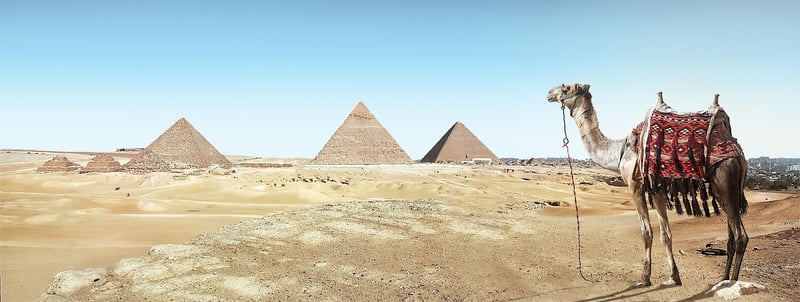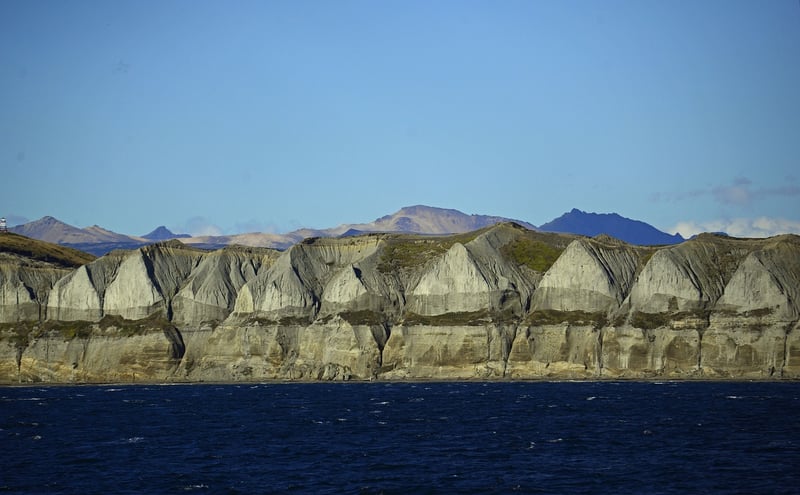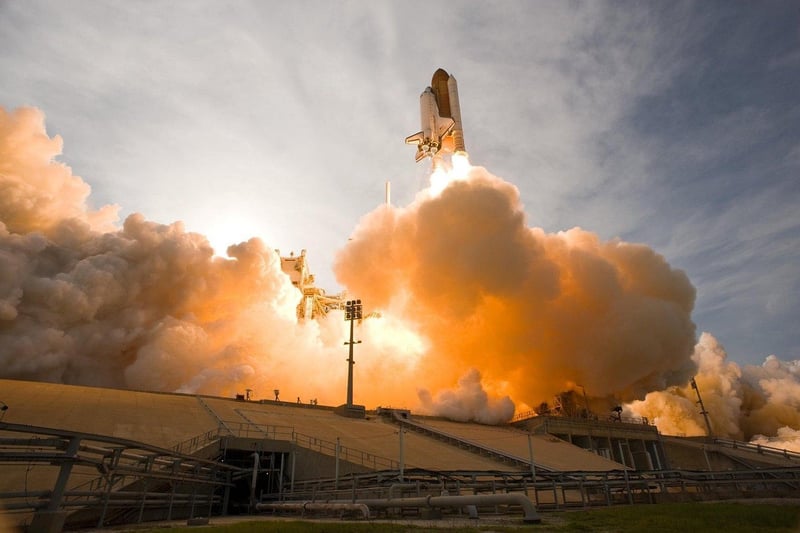Future Exploration
Exploring Different Eras and Future Exploration
Introduction
Exploring different historical eras and contemplating future exploration is a fascinating journey through time and space. From ancient civilizations to modern technological advancements, humanity's quest for discovery has shaped our understanding of the world and beyond.
Ancient Civilizations
Ancient civilizations such as the Egyptians, Greeks, and Romans left behind remarkable monuments, art, and knowledge that continue to inspire awe and wonder. The pyramids of Giza, the Parthenon, and the Colosseum stand as testaments to the ingenuity and creativity of our ancestors.

The Age of Exploration
The Age of Exploration in the 15th to 17th centuries opened up new worlds and cultures, leading to significant advancements in navigation, cartography, and trade. Explorers like Christopher Columbus, Vasco da Gama, and Ferdinand Magellan embarked on daring voyages that reshaped global history.

The Space Age
The Space Age, starting in the mid-20th century, marked a new chapter in exploration with humanity venturing beyond Earth's boundaries. Landmark events such as the Moon landing in 1969 and the launch of space probes to distant planets have expanded our understanding of the cosmos.

Future Exploration
Looking ahead, future exploration holds exciting possibilities, from manned missions to Mars to the search for extraterrestrial life. Advancements in robotics, artificial intelligence, and space technology are paving the way for unprecedented discoveries that could redefine our place in the universe.
Key Points:
- Exploration has been a driving force in human history, shaping civilizations and expanding horizons.
- Each era of exploration has brought new challenges and opportunities, pushing the boundaries of knowledge and discovery.
- Future exploration holds immense potential for groundbreaking achievements that could revolutionize our understanding of the universe.
Conclusion
Exploring different eras and contemplating future exploration allows us to appreciate the remarkable journey of discovery that has defined human civilization. As we look back at the achievements of the past and look forward to the possibilities of the future, we are reminded of the boundless curiosity and ambition that drive us to explore the unknown.
